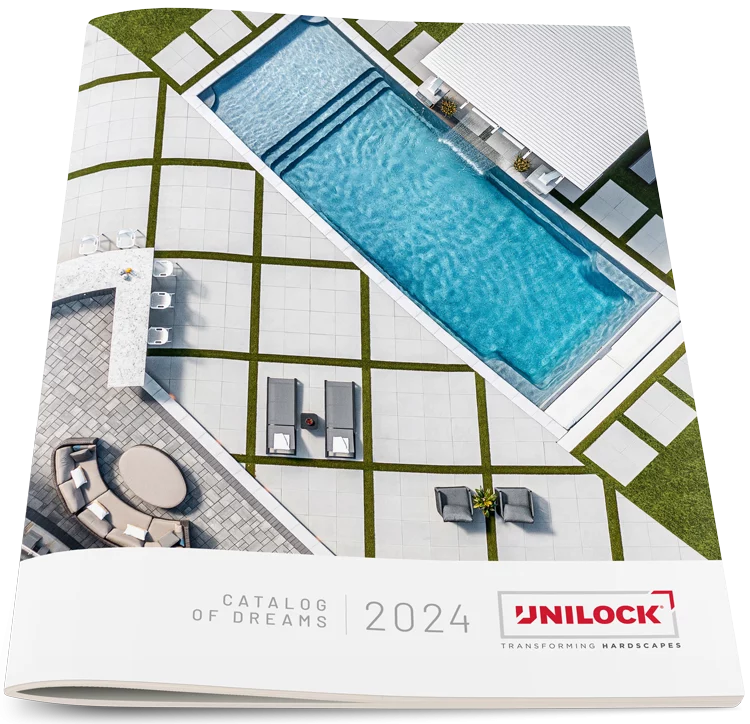Facing a labor shortage? Let equipment supercharge your productivity

Author: Mike Lysecki
Chief Technical Officer at Landscape Management Network (LMN)
Contractors have a tendency to describe themselves as equipment “junkies,” “collectors,” or “enthusiasts.” Yet, most contractors rarely have the equipment on hand to back that claim up, let alone to adequately handle the demands of their projects’ needs. Understandably, many contractors are reluctant to purchase the equipment they truly need, instead choosing to make do with what they have. The prospect of steep monthly payments scares many away from making a large investment. However, the costs of using subpar tools add up and equal far more than the cost of purchasing the right equipment. Making a smart investment choice by buying the right equipment can help you by:
- Saving on labor hours and payroll costs
- Reducing the number of people to find/hire/train/keep to hit sales targets
- Helping finish jobs faster – increasing opportunity to complete more work in a season
- Keeping crews happier, safer, and consequently, reducing turnover
These benefits strongly outweigh the costs of equipment. The following is a guide to purchasing equipment that, dollar-for-dollar, provides the best returns for typical landscape companies.

Work Tools and Attachments
A contractor is only as skilled as his tools. This means purchasing tools that are specific to the majority of the work your business does and purchasing related attachments. Acquiring attachments to augment your tools can only serve to help you by saving on labor, adding versatility to your operation, and keeping projects on time and on budget. Investing in attachments and specialized tools will exponentially improve your productivity, for very little cost.
- Hydraulic Thumbs for Excavators – Imagine how much less you’d get done without opposable thumbs! Hydraulic thumbs are excellent tools for brush clearing, setting rock, and demolition work.
- Hydraulic Tilt Buckets for Excavators – These reduce the amount of time you’ll have to work in confined spaces and make faster work of fine grading and swales.
- Augers – Augers are especially useful when used on mini-excavators that can get into tight spaces.
- Material Handling Arm – This inexpensive attachment is great for placing large trees and other bulky material. More specialized, hardscape-focused versions are fantastic for handling large steps and boulders as well.
- Trencher – Trenchers take a lot less time and move a lot less material than digging with an excavator bucket. These are great for working on underground utilities, irrigation systems, and lighting.
- UniLyft: For hardscape contractors, the UniLyft is a smart investment. The UniLyft effectively cuts paver installation time in half by helping to place pavers and walls quickly and accurately. Using this tool will reduce labor costs and prevent injury.
Well Organized, Covered, and Well Stocked Trailers
You can’t afford not to have an organized, well-stocked inventory in your rig. The best way to do this is to store tools and materials in a covered trailer. A typical covered trailer can be leased for approximately $200 per month. Without one, you’re likely losing that amount of money every week in lost production hours spent hunting for tools, and driving back and forth to the shop to pick up tools and materials. Purchase a covered trailer and keep it well stocked and organized to ultimately save money and time. Here are a few tips for getting the most out of your trailer:
- Stick to the same brand of small tools/equipment. You’ll be better organized and save on parts inventory.
- Be sure every trailer has extra high-wear parts such as grease, lube, recoils, air filters, demo blades, and small parts.
- Stock each trailer with miscellaneous materials such as marking paint, string line, pencils, garbage bags, PL premium, pencils, screws, and hardware. Anytime you’re leaving the job because you’ve run out, you’re losing valuable production time.
- Put a labeler in the trailer and label a spot for everything. This will keep your trailer organized and will hold your crews accountable to keep it that way.
- Institute the use of an inventory list and a re-stocking procedure. You may want to also consider assigning the task of organizing and stocking the trailer to a point person. An empty trailer is no help to anyone.
Trucks
As a general rule, contractors need trucks. However, many landscape contractors make the mistake of purchasing vehicles that are far too small. Despite their lower price, trucks with smaller payloads mean inefficient mobilization, more delivery/disposal runs, and overall higher on the job costs.
- Larger trucks- When buying your next truck, consider purchasing a larger model. Larger trucks can help you save on delivery and labor hours by allowing you to keep delivery almost entirely in house. A larger truck bed also allows you to make fewer trips back and forth between job sites.
- Roll off trucks- Depending on the size of your operation, you may want to consider purchasing a roll off truck. These can be like Swiss Army knives for your operation. They’re strong, versatile, and allow you to safely remove construction waste from your job sites with efficiency.
- Partitioned dump boxes- Very frequently, you’ll need to carry two types of materials at once. Partitioned dump boxes give you the flexibility to do this and can come in handy on jobs that don’t require full loads.







